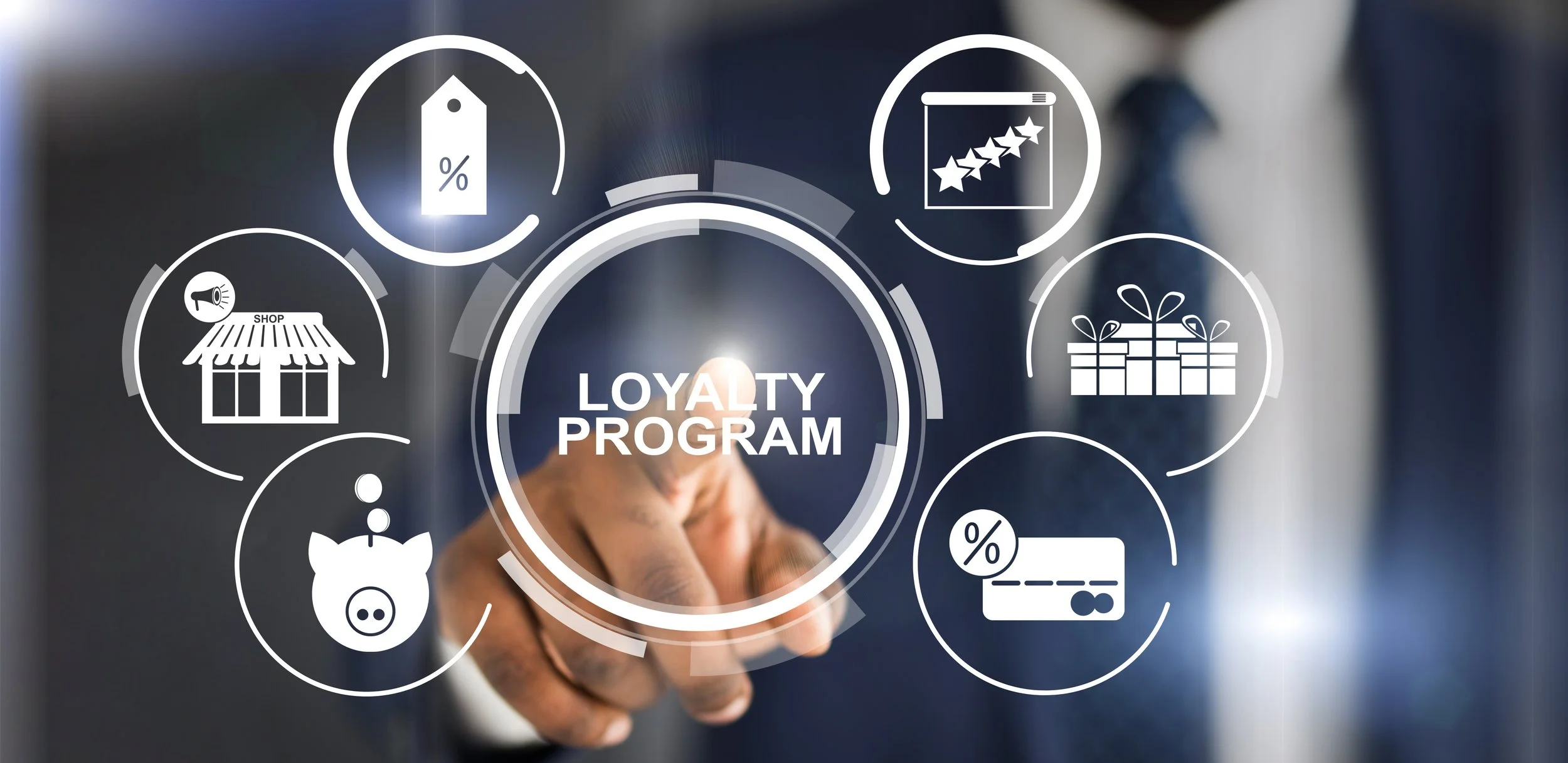The NeuroNudge Way
From Insights to Impacts
NeuroNudge is a fusion of psychology and marketing consultancy often referred to as "psychological marketing" or "behavioral marketing,". It leverages insights from psychological research to understand consumer behavior and improve marketing strategies. This integration can enhance the effectiveness of marketing campaigns by making them more relevant and appealing to target audiences. Here are some key areas where psychology and marketing intersect:
Understanding Consumer Behavior
Motivation: Psychology helps marketers understand what drives consumer decisions, including needs, desires, and goals. For example, Maslow's hierarchy of needs can be used to tailor messages that resonate with consumers at different levels.
Perception: Consumers' perceptions of a brand, product, or service significantly influence their purchasing decisions. Techniques such as framing, product packaging, and color psychology can be employed to enhance brand perception.
Cognitive Biases: Marketers use knowledge of cognitive biases (like anchoring, loss aversion, and confirmation bias) to craft messages that tap into consumers' irrational tendencies. For instance, presenting a higher-priced item first can make subsequent items appear more affordable.
Emotional Appeals: Emotional marketing taps into consumers' feelings and can create stronger connections with them. Using storytelling, imagery, and emotional triggers can lead to higher engagement and loyalty.
Decision-Making Processes
Segmentation and Targeting
Psychographic Segmentation: Beyond demographics, psychographics focuses on consumers' lifestyles, values, and personalities. This allows marketers to create more personalized and effective campaigns that resonate more deeply with specific segments.
Behavioral Targeting: Using psychological insights, marketers can analyze consumer behavior and tailor advertisements based on previous interactions, preferences, and habits.
Persuasion Techniques
Social Proof: Leveraging social psychology, marketers often use testimonials, reviews, and influencer endorsements to create trust and validate purchasing decisions.
Scarcity and Urgency: Techniques that emphasize limited availability (e.g., "only a few left in stock" or "limited time offer") exploit the fear of missing out (FOMO) and can encourage quicker purchasing decisions.
Brand Loyalty and Relationships
Building Trust: Psychological principles can help in developing brand loyalty by fostering trust and emotional connections with consumers. Consistency, transparency, and positive brand experiences can enhance customer retention.
Community and Belonging: Marketers create communities around their brands, allowing consumers to feel a sense of belonging, which can be psychologically rewarding and drive loyalty.
User Experience and Design
Cognitive Load: Understanding how consumers process information can help in designing user-friendly interfaces and experiences that minimize cognitive load and make purchasing easier.
A/B Testing: Psychological insights can guide A/B testing strategies to determine which marketing messages, designs, or layouts resonate more with the target audience.
The integration of psychology in marketing is not just about understanding how consumers think but also about applying those insights to create more effective campaigns. By recognizing the psychological drivers behind consumer behavior, marketers can develop strategies that not only reach their audience but also engage and persuade them to take action.








